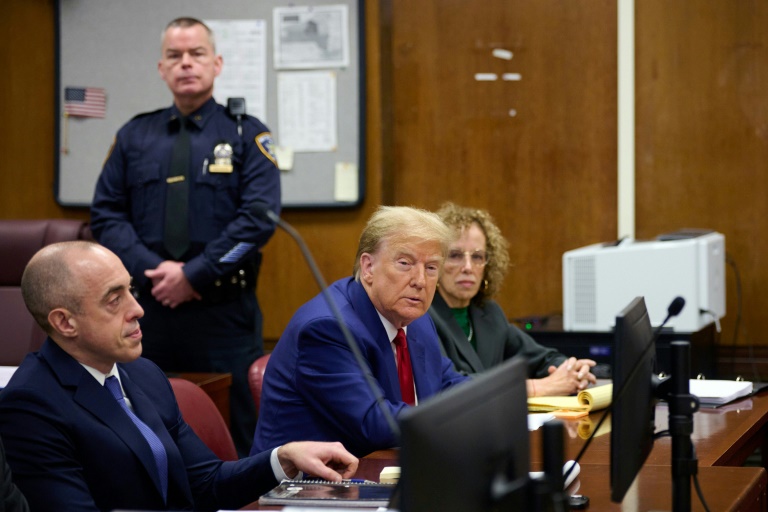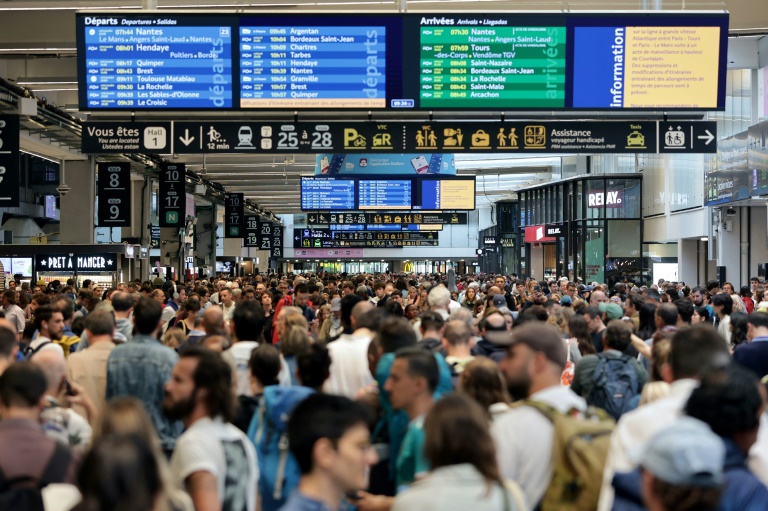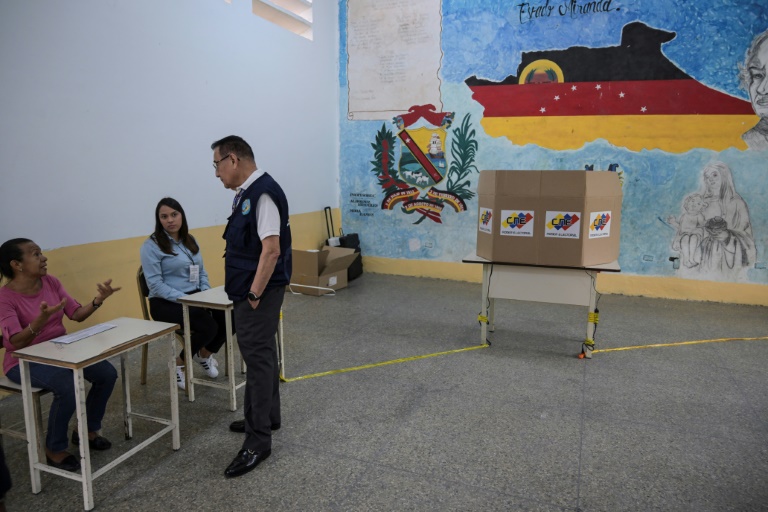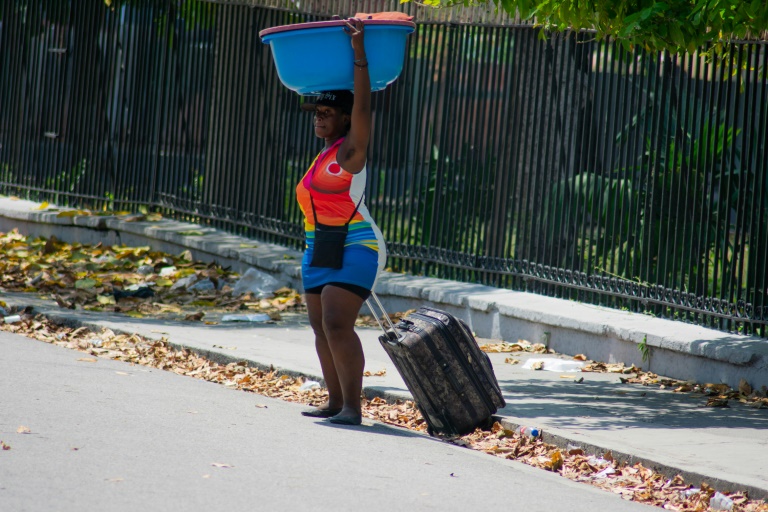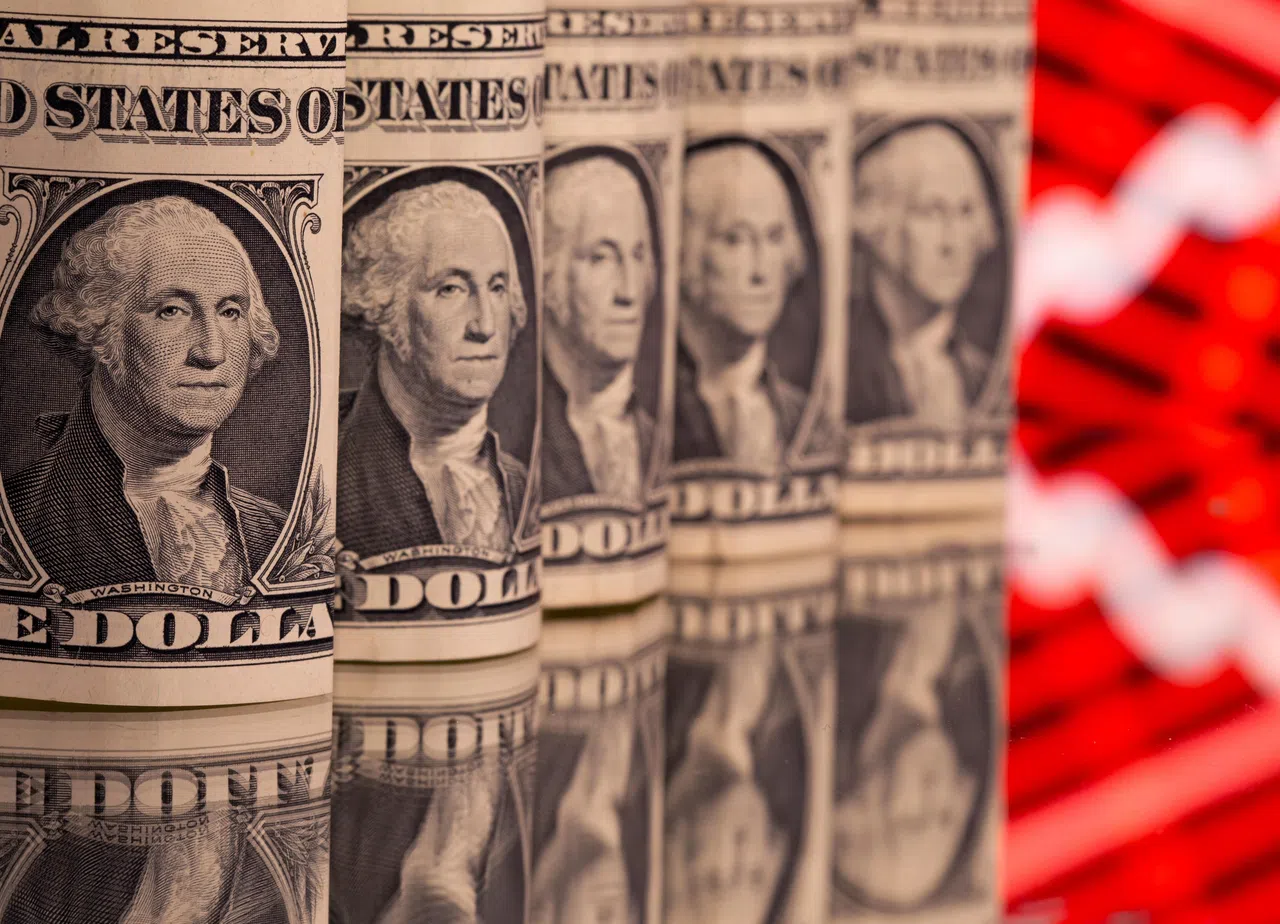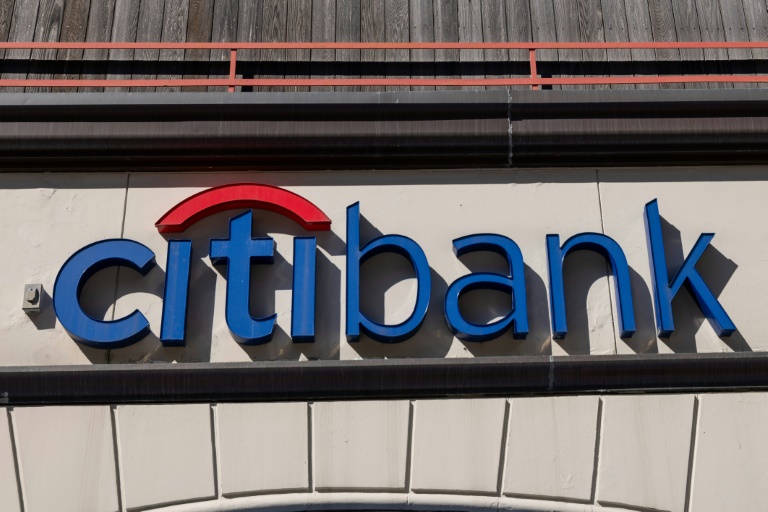Donald Trump goes on trial Monday for allegedly covering up hush money payments to hide affairs ahead of the 2016 presidential election which propelled him into the White House.
He will become the first former US president to go on criminal trial when jury selection begins next week.
Here are the key questions ahead of the landmark trial:
As Trump closed in on victory in the 2016 presidential election, adult film star Stormy Daniels was paid $130,000 to keep quiet about an alleged 2006 sexual tryst with Trump.
The payments, made by Trump’s lawyer at the time, Michael Cohen, were revealed by The Wall Street Journal in January 2018.
Prosecutors have seized on the concealment of the payments as “legal fees” in the Trump Organization’s accounts when Cohen was reimbursed as the heart of their case.
Prosecutors say Trump “concealed the reason for these payments… which clearly were paid in order to influence voters,” former prosecutor Bennett Gershman, now a lecturer at Pace University, told AFP.
A New York grand jury indicted Trump in March 2023 over the payments made to Daniels — whose real name is Stephanie Clifford — with the ex-president charged with 34 counts of falsifying business records. The case is being heard in a state-level court.
When the scandal broke, then-president Trump denied any relationship with Daniels, insisting he knew nothing about the payment, eventually claiming it was to thwart attempted extortion.
He pleaded not guilty and attacked the trial as a political witch hunt.
Trump’s lawyers will question the reliability of ally-turned-enemy Cohen’s recall, and insist the case has no merit.
Prosecutors will show that the Trump camp has form covering up embarrassing affairs with money, based on two other similar payments.
Trump’s fate will be decided by twelve jurors, backed by six alternates, selected from a randomly chosen pool of Manhattan residents.
Each will be questioned about their view of Trump and their ability to remain impartial, with the defense, prosecution and the judge all able to bring challenges. The process could last up to two weeks.
Jurors, who must return a unanimous verdict, will remain anonymous for their protection.
Trump could theoretically be jailed if he is found guilty, with a prison sentence of up to four years for each of the 34 felony counts.
However, the judge has the discretion to impose just a fine, or alternative sentences including probation, acknowledging 77-year-old Trump’s age and clean criminal history.
Lack of remorse could go against him, but legal challenges to any sentence would likely delay sentencing. Conviction would not stop Trump’s presidential run.
The court says around six to eight weeks, with hearings scheduled every weekday except Wednesday meaning that, if guilty, sentencing could happen before the November polls.
A variety of legal challenges and maneuvers could delay that timeline, with Trump’s lawyers stepping up their appeals and challenges in recent weeks, already securing a delay of the trial from March 25 to April 15.
Unlike other major trials like that of O.J. Simpson, who died on Thursday, Trump’s will not be televised, according to New York State law.

